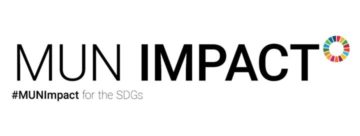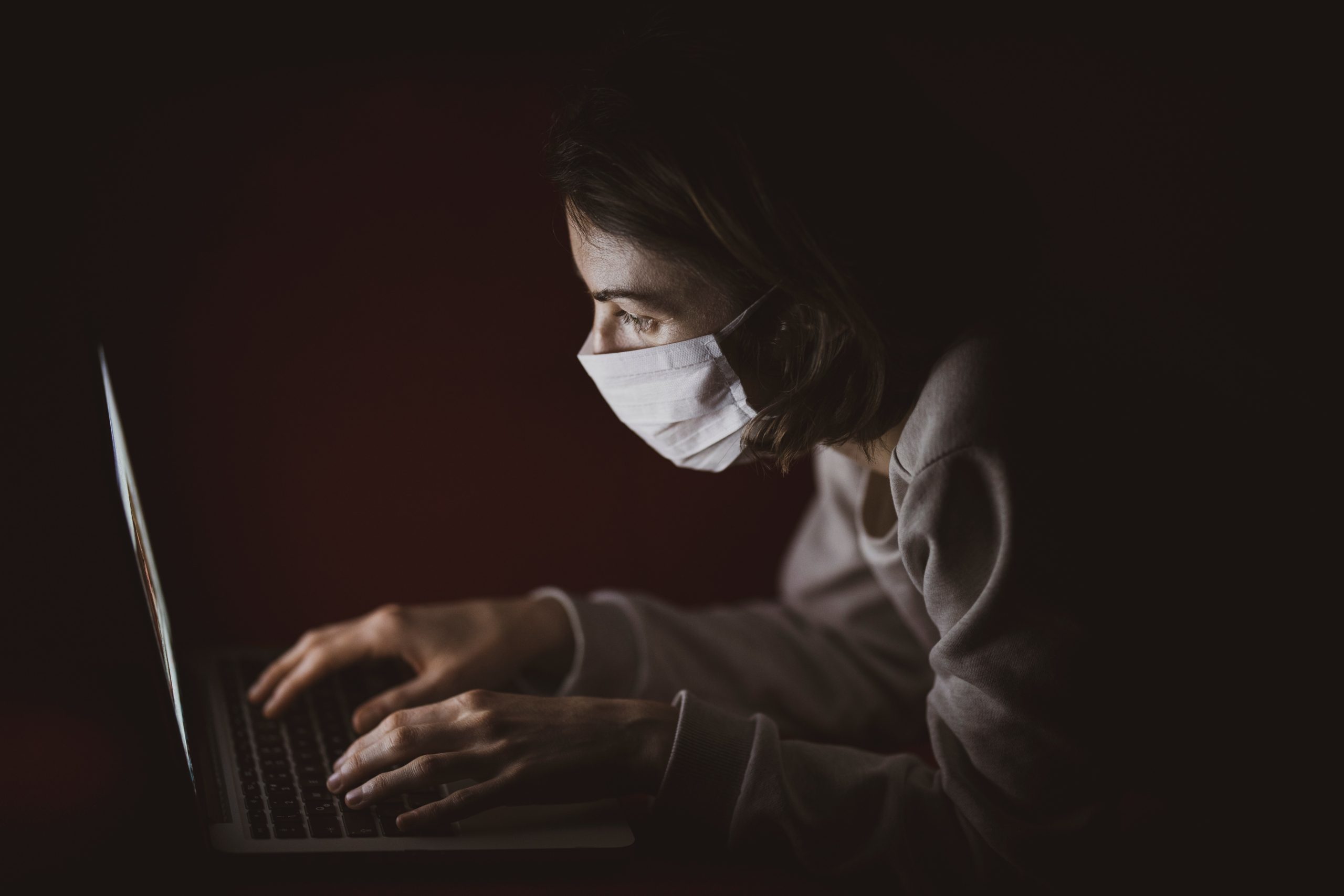“Model United Nations challenges students to think critically about the world’s most pressing events. But MUN also pushes us to be ‘ahead of the game.’ It’s a think-tank that makes us anticipate issues we are bound to commonly face.”
By Francesca Poupel
_
I attended my very first THIMUN Conference in 2017. After quiet introductions, the chair announced, “the first issue on our agenda is measures to reduce pandemics in a globalized world. Lobbying begins now.” I immediately rose and walked around hurriedly, quickly befriending the USA and Uzbekistan, and approaching other delegates. Momentum built as we exchanged clauses and created constructive dialogue. We questioned whether it was realistic to test customers before they entered a store, and fought through similar points of contention. However, the spirit of MUN, grounded in cooperation and compromise, allowed us to push past the opposition. We ultimately passed our resolutions with a clear majority.
Collaboration, compromise, mutual understanding are the foundation of the MUN experience. Model UN has taught me to look past the selfish goal of being the “winner,” but look instead for tangible, tactful solutions. True success comes not from the number of awards you gain, but from the number of times you’re able to overcome individual differences to improve the collective.
Fast-forwarding three years later to our current COVID-19 crisis, our resolutions seem more relevant than ever. I distinctly remember conversing with other delegates during THIMUN; none of us perceived a global pandemic as remotely threatening. Still, our committee proposed interesting legislation, much of which is currently being implemented.
In committee, we predicted that nations would have to drastically boost funding for medical personnel and equipment. We were spot on. Today, I see more people with masks than without, and the demand is only growing. However, we should have included ways for countries to independently produce medical supplies and decrease their reliance on other nations.
We also believed that communication about the pandemic would be key and emphasized the role of the media. Yet, I personally find the overload of information from today’s news sources exhausting. Although the intent of our clause was to spread awareness, the current diffusion of news is simply counterproductive and demoralizing.
Our legislation emphasized airport-health-checks and international transparency. Yet little did we know that the pandemic would halt travel and keep us at home. And the dishonesty surrounding COVID-19 got us into this mess in the first place.
As young students who have never directly experienced anything like this, there are definitely aspects that we missed. Seeing firsthand the pitfalls of countries’ actions, I would’ve added that the World Health Organization should have evaluated the outbreak as soon as it began. I would have also urged governments to ensure a constant surplus of hospital beds and critical equipment to prevent the hospital overflow we are facing.
We are in a chaotic and disruptive time. It seems as though the entire world has reached a standstill; schools are closed, companies are struggling, and people are living in constant fear. But I firmly believe that this is the biggest consequence of the pandemic. Fear holds us back and deceives us.
Power lies in our hands. Just as I learned in Model UN, we need to look past our presumptions, selfishness, and fears, and strive to better the collective. We must take precautions seriously (social distancing, wearing masks, etc.), and nations must evaluate the economic impact of their decisions.
It is only when we allow determination and solidarity to dictate our actions that the international community will get back on its feet, hopefully arising with a comprehensible vision and a solution to the pandemic.

